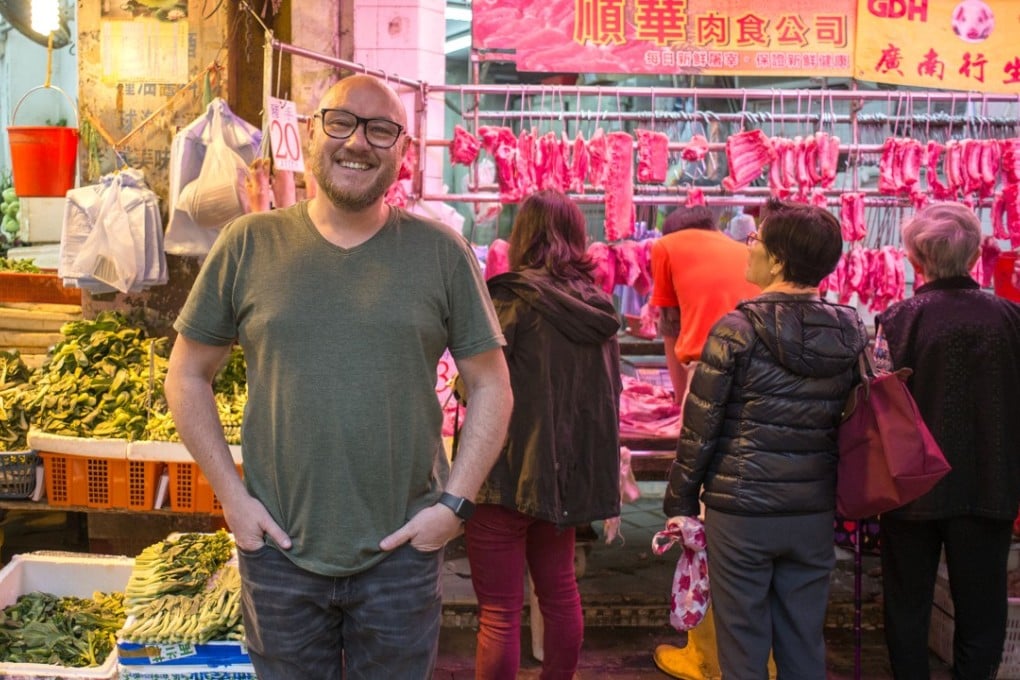Why a Hong Kong meat-loving chef turned vegan – and the benefits he is feeling already
Two months ago Neil Tomes decided to drastically change his diet after he saw the impact meat eating was having on the environment and the way animals were treated. Now he’s a changed man and plans to show this in his menus

Just as the Year of the Dog started, Neil Tomes decided to change his diet overnight. The chef who has relished working with meat at Hong Kong restaurants Alfie’s, Beef and Liberty and, most recently, Mavericks – has gone vegan.
The 47-year-old from Liverpool, UK, who has lived on and off in Hong Kong for more than a decade, has thought a lot in recent years about the food we eat, how it affects the environment, and the ethical treatment of animals. He knew he had to do something drastic.
How yoga, trail running and a vegan diet changed Hongkonger’s life – and cured her underactive thyroid
“I can buy chicken cheaper than broccoli. How does that work?” he asks, explaining chickens need to be bred, fed, housed, slaughtered, de-feathered, gutted and broken down into different parts. Yet they cost less than broccoli which requires digging holes in soil, sowing seeds, and once the head has grown, having someone cut the cruciferous vegetable and pack it.
“There’s something really twisted in the system,” he observes, having watched the documentaries Cowspiracy, Food, Inc., Forks Over Knives, and What the Health. The message in these documentaries about how the rearing of animals has contributed massively to global warming and land deforestation was the biggest catalyst for Tomes to go vegan.

There are many statistics regarding the amount of feed needed to produce a kilogram of meat. According to the United States Department of Agriculture, with cattle in feedlots, it takes roughly 7kg of grain to produce a 1kg gain in live weight. For pork, the figure is close to 4kg of grain, for poultry it is just over 2kg, and for herbivorous farmed fish species such as carp, tilapia, and catfish, it is less than 2kg. Tomes says this is an inefficient way of making food, especially when you consider the effort in herding animals into factories and injecting them with synthetic growth hormones and excessive amounts of antibiotics.